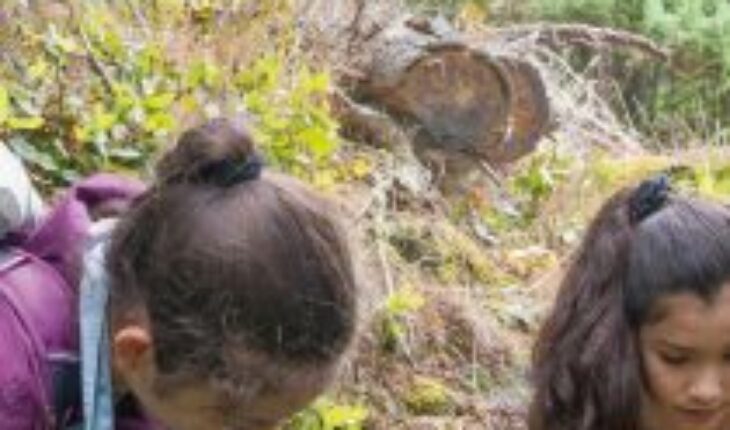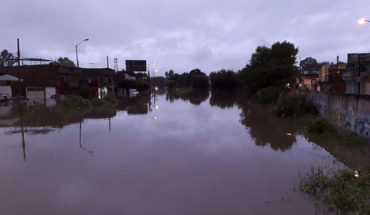For quite some time geography has been associated with the location of elements of space and the memorization of elements of reality to represent them cartographically. Although this type of perspective has its usefulness and its validity, it does not exhaust the possibilities of the discipline, both in the research processes and in the processes of school and university training.
While many of us remember school and/or university geography classes as torture, for many of us it was also a wonderful discovery, especially in our university education. I have been able to observe the lights and shadows of a beautiful discipline, in my own formation: shadows, when an academic examined us with a blank scaffe of the world and a list of 100 names of rivers, mountains or cities for us to represent on the map. And lights, by learning how relationships were woven between the elements of the physical and human environment in order to understand factors linked to the risk or functioning of the natural world. Understand the location of the city of Santiago, associated with the emission of pollutants and variations in atmospheric temperatures, which explain the reason for pollution problems in winter, or also understand how solid precipitation in height is associated with the decrease in the possibility of floods and floods that affect humans, or how connectivity is necessary, complex and with differences from east to west or from mountain to sea, as well as from the south to the north of our country. I could continue with these examples.
Today the marriage between geographical-spatial representations, the logics of spatial experience and geographical conceptualizations give many opportunities for geography to become a close process with interscalar meaning. There are several contemporary problems that are related to this discipline, from the strategies and places of the subjects, to regional representations or the dynamics of the city. This is linked to a myriad of perspectives from which these problems can be addressed.
In this logic of the dazzle that geography produces or gives us, a couple of months ago we published a book, in two volumes, that addresses contemporary geographies, both in their conceptual aspect, and in their relationship with training environments. In this book you can find authors who offer us senses of the discipline that allow us to understand it in its contemporary state, and who can give the interested reader guidelines on works, research and thoughts that give clues about what is happening today in our geographies.
Follow us on
The content expressed in this opinion column is the sole responsibility of its author, and does not necessarily reflect the editorial line or position of El Mostrador.





